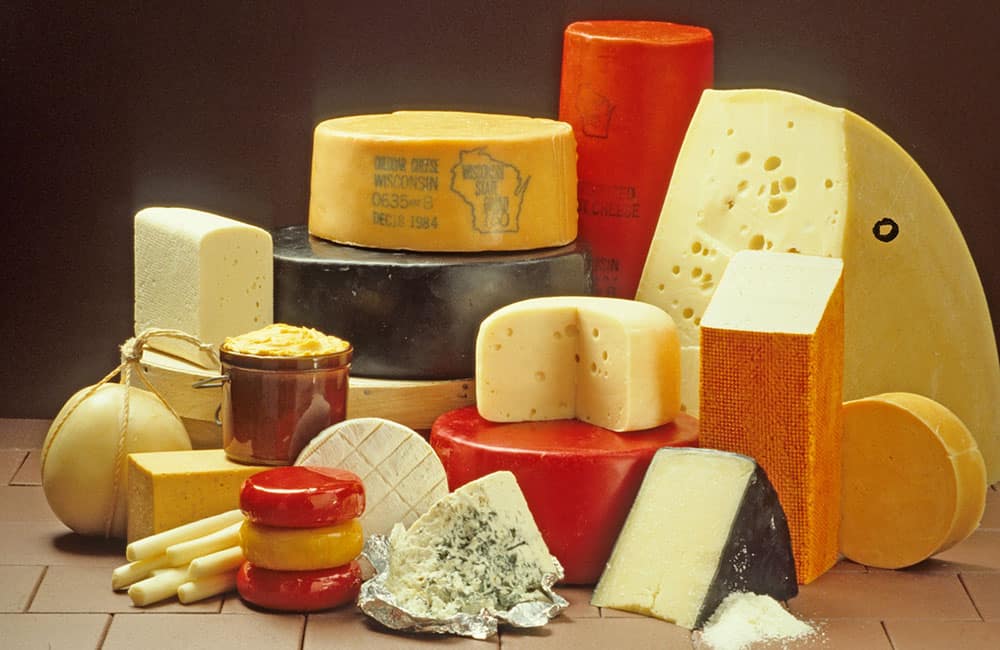
As part of duty of care, meeting planners need to educate themselves in the differences between dietary restrictions. Some are preferences, others religious beliefs and the most critical are full-blown disorders.
Tracy Stuckrath of Thrive! Meetings & Events, an expert in educating meeting planners and HR professionals about dietary restrictions, defines them:
Celiac disease
Celiac Disease isn’t an allergy to gluten as many people often mistake. It is an actual autoimmune disorder where the ingestion of gluten (a protein found in wheat, rye, and barley) causes damage to the small intestine. An estimated 1 in every 100 people has celiac, worldwide and most are undiagnosed. Because this is an actual autoimmune disorder, a diagnosis will ensure opportunity for access to testing and any treatments to help prevent potential long-term health effects of celiac disease, such as Type 1 Diabetes, multiple sclerosis, epilepsy, intestinal cancer, and more. Those with Celiac Disease are not at risk of anaphylaxis. While there is no cure, maintaining a gluten-free diet is critical to avoid malnutrition and other results, such as the surgical removal of damaged intestines.
Food allergies
Currently, there are eight foods identified by the U.S. government as the “Big Eight” food allergens. These account for 90% of all food allergies in the United States. They include milk, eggs, fish, crustacean shellfish, tree nuts, peanuts, wheat, and soy. Labeling is required for these foods in the U.S. and several other countries. Changing consumer tastes for ethnic foods have lead to legislation to add sesame to list of top food allergens. Unfortunately, there is no treatment or cure for food allergies, so the only safeguard against adverse reactions is to follow strict avoidance diets.
Food intolerance
A food intolerance, also called a non-allergic food hypersensitivity, is a difficulty digesting certain foods. A food intolerance is different from a food allergy. A food allergy triggers the immune system and symptoms may occur immediately. The onset of food intolerance symptoms take longer, typically several hours after ingestion. In some cases symptoms may take 48 hours to emerge. While milk, for example, is the number one food allergy in the world, people who are lactose intolerant are not allergic to milk. Lactose intolerance means the person does not have enough lactase, an enzyme needed for milk digestion and absorption of nutrients. A milk allergy will result in an immune system response, while the response of a lactose intolerant person will be symptoms such as stomachache, bloating, diarrhea, and gas.
Religious dietary restrictions
No two religions are alike when it comes to religious dietary customs, but there is a great deal of commonality. Ideology about diet, health, and spiritual wellness vary across texts and according to differing rationale, practices, and disciplines. Major world religions with food practices and restrictions include Buddhism, Eastern Orthodox Christianity, Hinduism, Islam, Judaism, Mormonism, Protestantism, Rastafarianism, Roman Catholicism, Seventh Day Adventist. Religious dietary restrictions may also include adjusted or abbreviated dietary practices on holy days. Also, fasting (going without food and/or drink for a specified time) is a common tenet of faith by many religions. Religious beliefs expressed as food customs often have their origins in early concerns for health and safety. Other doctrines bring attention to specific eating practices, such as gluttonous overeating, the use of strong drinks, stimulants, and respect for life leading to vegetarianism or the avoidance of specific meats.
Dietary choices
While some dietary restrictions are mandated by the body or by religious organizations, there are plenty of individuals who make strict dietary choices based on their approach to health consciousness, their values, or their personal philosophy. Concerns for animal welfare, the environment, and wholesome nutrition drive many of these decisions. Some examples include: veganism, vegetarianism, pescetarian, flexitarian, climatarian, raw, paleo, gluten-free, clean eating, and macrobiotic.










